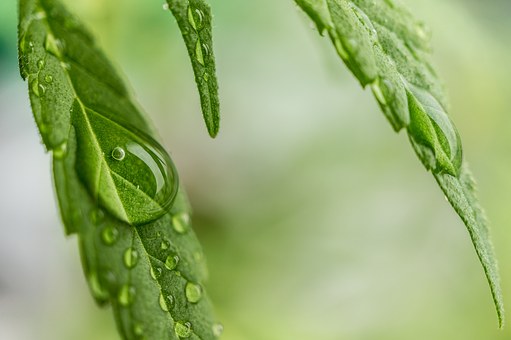
I interviewed Matt Medeiros recently for Episode 3 of my Podcast, Taking the Mystery out of Insurance. Matt specializes in content marketing, from blogging to podcasting, all the way up to email capture automation and social media. Essentially, Matt can do anything to help a business or professional build an effective brand.
He’s a man of many talents, generous with his time, always willing to help others. I’ve known Matt for more than 20 years. In fact, I was his first business client–he built a computer for my first insurance agency when he was still in college!
Slocum Studio is a business Matt established with his father and, through that business, Matt and his associates helped me design a couple of websites and create two logos. Currently, one of his ventures, SouthCoast.fm helps entrepreneurs in the South Coast of Massachusetts build their businesses. He also works for Pagely, which provides Managed WordPress Hosting.
To learn more about Matt and what he does, or to reach out to him for help with your content marketing needs, visit him at CraftedbyMatt.com or on Twitter at @MattMedeiros. You can also listen to Matt’s interview on the podcast to pick up tips about what you DO want to do, and what you DON’T want to do, on your website and with social media.
Later in the week, I’ll be publishing 2 short video excerpts of the podcast on my YouTube channel.




